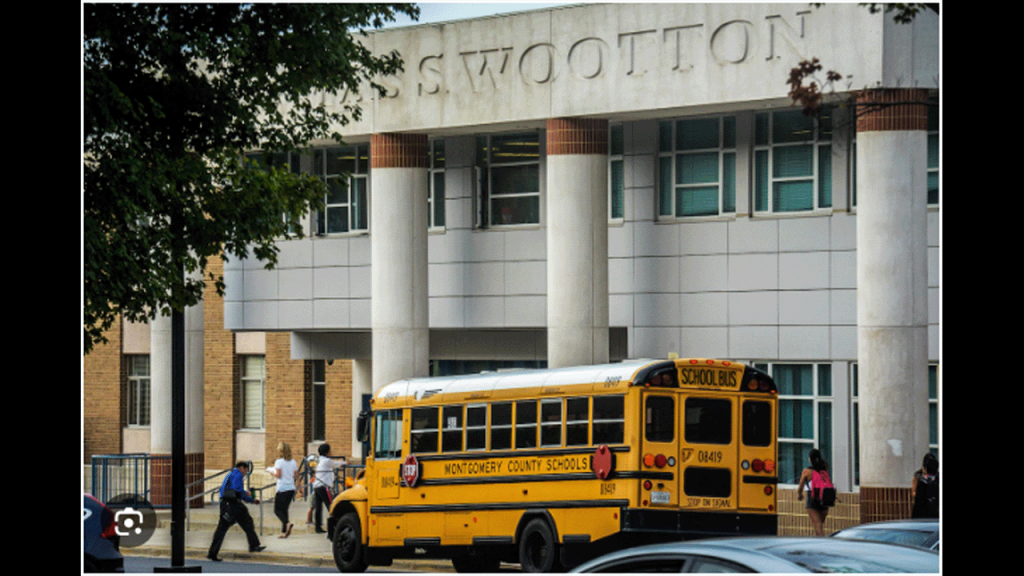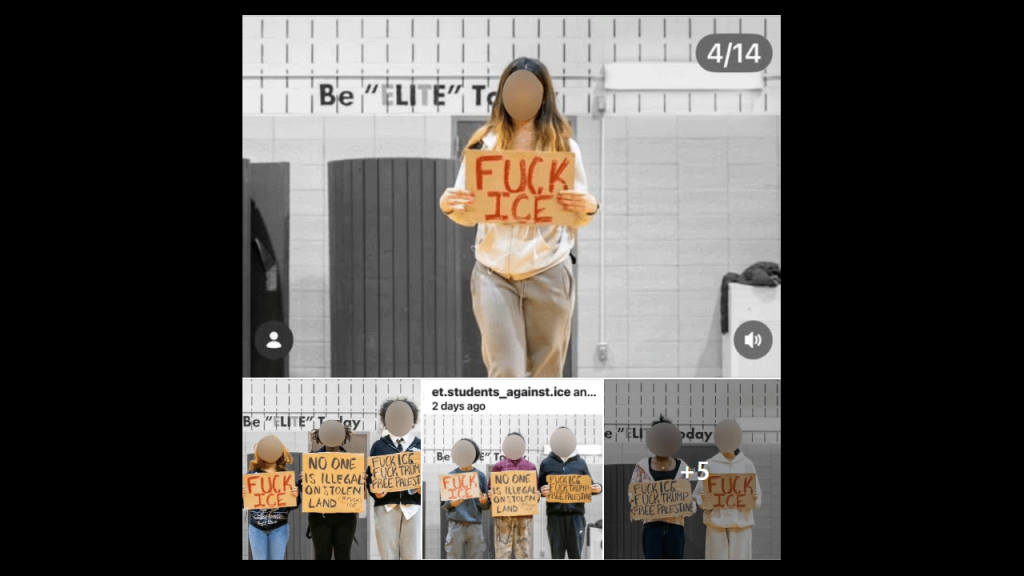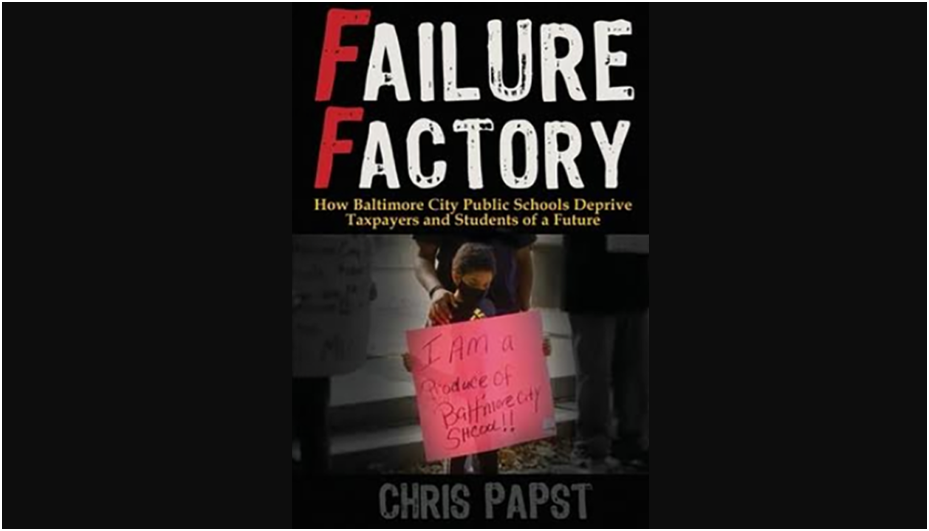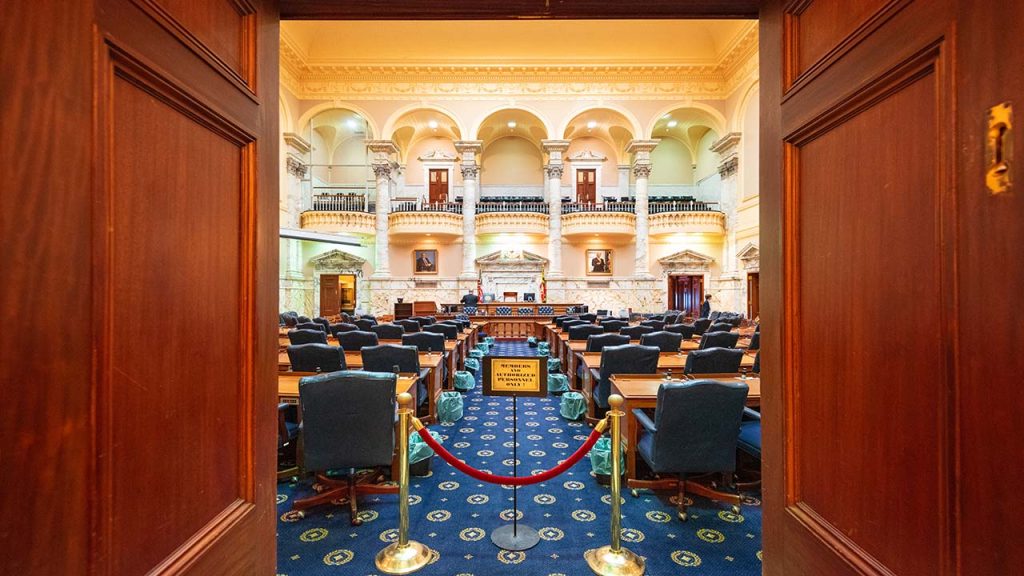
‘Hate Is Taught’: The Lesson for Schools From the Racist Jacksonville Killings (Opinion)
The recent shooting in Jacksonville, Fla., represented yet another act of anti-Black violence that resulted in the senseless deaths of three Black people.
Reporting on the shooting, the Jacksonville sheriff stated that the gunman’s motives outlined in several manifestos was quite clear: “He hated Black people.”
Let’s be unapologetically clear: Hate is taught. Hate is learned. Hating Black people specifically is learned somewhere, and somewhere this gunman learned it.
Schools can play a role in helping to minimize the radicalization of young people by replacing hate with truth, teaching empathy and compassion instead of prejudice and violence. Creating more inclusive classrooms that honor and recognize diversity and belonging is key to reducing violence and hate.
The fact that this tragedy occurred in Florida, a state where Gov. Ron DeSantis has engaged in anti-Black actions and rhetoric, has ramifications for schools.
DeSantis’ reception to a chorus of boos at the vigil for the slain victims says a lot about how many Black Americans in Florida feel about his leadership. He has a troubling history when it comes to anti-Blackness.
Consider his controversial redistricting map, which carved up one majority-Black district and watered down the state’s Black voting power. Or look at his push for legislation targeting protesters in the wake of widespread Black Lives Matter protests following the murder of George Floyd.
Look at his efforts to ban colleges and universities from offering diversity, equity, and inclusion programs; his ongoing attacks on critical race theory; his administration’s restrictions on the instruction of race relations in classrooms; and his rejection of the College Board course on Advanced Placement African American Studies.
Such policies make Florida a sanctuary state for hate and violence.
In their new book, Anti-Blackness at Schools: Creating Affirming Educational Spaces for African American Students, professors Joi A. Spencer and Kerri Ullucci document how anti-Blackness is everywhere in schools and is more pernicious than school officials want to acknowledge. They argue that anti-Blackness is present in school policies, practices, curriculum, and ideology. It manifests in the absence of school curriculum focused on Black history and experiences. Many American schools have harmed Black children or been silent in the face of their struggles, they contend.
Such policies make Florida a sanctuary state for hate and violence.
The Anti-Defamation League recorded more than 6,700 incidents of white supremacist propaganda distribution and events across the country last year, a tally the organization characterized as an “all-time high,” according to a report released in March. The group found that antisemitic, racist, and anti-LGBTQ+ propaganda was reported in every state but Hawaii.
Students do better when they are introduced to the experiences, histories, and contribution of all ethnic groups. Yes, some of these realities are hard to teach and difficult to digest, but imagine how much harder it is for groups to have experienced those realities firsthand.
Classes like AP African American Studies that DeSantis, a Republican, has criticized can help to reduce the very type of hate that led to the recent shootings.
AP African American Studies aims to equip students with the analytical and critical-thinking skills to understand the African American experience. Among the units that the course explores are Origins of the African Diaspora, The Practice of Freedom, and Movements and Debates. Each of these topics is crucial to learning about the experiences, contributions, triumphs, and tragedies of the Black experience.
Increasing awareness of what Black Americans have endured in their quest to be seen as full citizens can reduce prejudice and can eradicate stereotypes. In his famous book The Nature of Prejudice, psychologist Gordon Allport tracked how ethnic stereotypes persist through misinformation or the absence of information about those groups. Moreover, he explained that when stereotypes persist, prejudice escalates, which can lead to avoidance, discrimination, and to outright violence.
I am not arguing that the gunman in Jacksonville would not have committed such a heinous crime if only he had taken such a course as AP African American Studies. However, the ignorance that motivated him flourishes in the absence of critical perspectives on the experiences of African American people. When facts are replaced with misinformation, the seeds of hate are allowed to grow.
DeSantis must recognize that while he claims to reject the murders committed by the gunman in Jacksonville, his policies, and ideologies around anti-wokeness play a role in the perpetuation of anti-Blackness in schools. To be clear, racism is not a mental health issue. Schools can and should play an important role in speaking out about the way racism and hate harm everyone and there should be no tolerance for it. But it helps if our politicians would not add fuel to the hate fire.
Dig Deeper With Our Longreads
Newsletter Sign up to get our best longform features, investigations, and thought-provoking essays, in your inbox every Sunday.
The MEN was founded by John Huber in the fall of 2020. It was founded to provide a platform for expert opinion and commentary on current issues that directly or indirectly affect education. All opinions are valued and accepted providing they are expressed in a professional manner. The Maryland Education Network consists of Blogs, Videos, and other interaction among the K-12 community.








